In these days of instant gratification via the web, emails and social media, it’s hard to believe once upon a time wanna-be writers would type and print their manuscripts in double-line spacing and post them to publishers with a reply-paid, self-addressed-envelope. And then wait and wait and wait, for an offer to publish or, more likely, a feared rejection letter.
I lived in England from the late-1980s to the mid-1990s, where I had a creative purple patch, writing and submitting short stories to lifestyle magazines and writing competitions. I don’t mean I got published a lot, I didn’t, but I kept coming up with ideas, fleshing out plots and characters on trains to and from work, and banging my stories into a secondhand Amstrad PC at nights, to print out and post in the mornings. For a while there, I was an assembly line worker, mass-producing short stories!
Constructive criticism and inside tips
Thankfully those were the days of gentle rejections. Not only did I feel publishers and competition judges had actually selected and read my writing from the “slush pile”, but it also felt like they were offering me constructive criticism and inside tips on suitable markets!
“I was pleased to receive your short story ‘Mistaken Identity’, which I have read with interest. Sadly I do not feel that this piece is right for publication in our magazine. I am sorry to disappoint you about this but wish every success with it elsewhere.”
Elsewhere? Aha, that must be a tip to send my “interesting” manuscript to another magazine.
“Dear Contributor, Many thanks for giving me the opportunity to read your manuscript. Unfortunately, it is unsuitable for My Weekly. With best wishes, Yours sincerely, The Editor”
Alright, alright, maybe the world is not ready for “Mistaken Identify”, but what about “A New Outlook”?
“Dear Mr Fairhead, I am returning your short story A New Outlook, which I’m afraid we do not wish to take any further. I’m sorry that the pressure of work here means we can only enter into correspondence about those stories which we feel we might, after revisions, be able to broadcast. Your sincerely, Literary Manager, BBC Radio Drama”
Hmm, a lesser writer might be disheartened at this point. But perhaps instead of publishing or broadcasting, I should focus on writing competitions?
“This is excellent – well-drawn characters, convincing dialogue and fast-moving plot. Passed forward for our next round of judging.”
Yes, at last, success! Well, almost because I didn’t get through the next round of judging.
“You write well and capture the atmosphere of Bangkok effectively. It would be improved if you worked on the plot, which is rather disjointed. I like your use of flashbacks, which reveal much about your main character.”
So close, so close!
J. K. Rowling and Me
There were many more rejection letters when I lived in England, and then I moved back to Australia to live. Life overtook me, and my purple patch with short stories ended. I did discover other outlets for my creativity, but by then, the age of the rejection “letter” had also ended and emailed rejections never felt quite the same.
Oh well, J. K. Rowling has admitted to receiving more than a few rejections, too (The Guardian UK, March 2015). And the first literary agent to whom she sent the first Harry Potter responded with just a slip of paper rejecting her manuscript.
From the sound of it, J. K. Rowling’s slip of paper wasn’t anywhere near as encouraging as my gentle rejection letters!
© 2017 Robert Fairhead
With thanks to PublicDomainPictures from Pixabay for the image of the red mailbox.
N.B. This post is also published on the Tall And True website. And you might like to read more examples of gentle and encouraging rejections in another blog post: Thanks, Ian St James Awards.

About RobertFairhead.com
Welcome to the blog posts and selected writing of Robert Fairhead. A writer and editor at the Tall And True writers' website, Robert also writes and narrates episodes for the Tall And True Short Reads podcast. In addition, his book reviews and other writing have appeared in print and online media, and he's published several collections of short stories. Please see Robert's profile for further details.






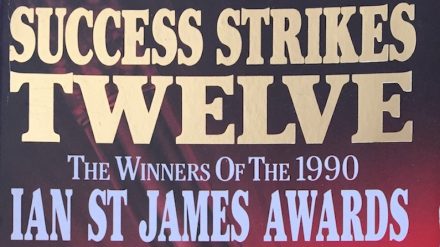
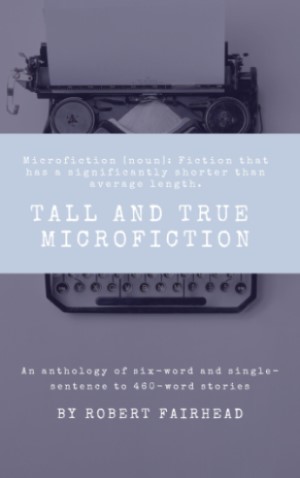
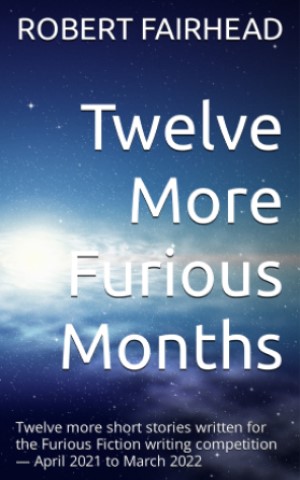
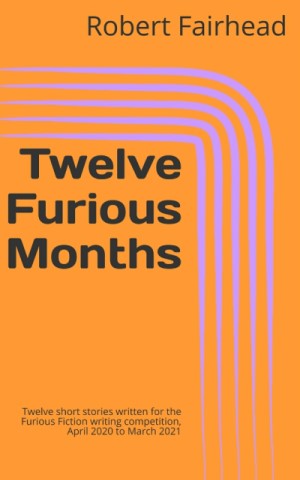
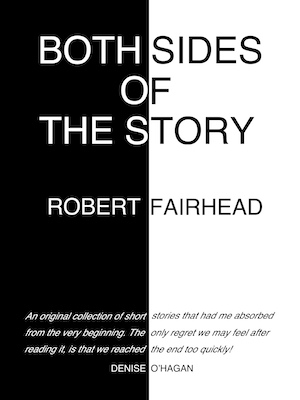
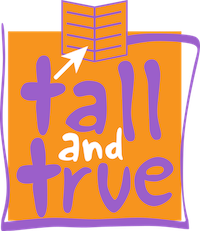
0 Comments